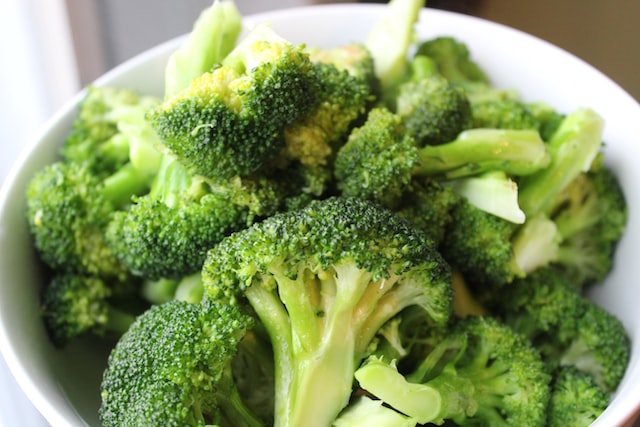
About one in three Australians suffer from a chronic inflammatory disease. In short, inflammation is the body’s natural response to infection, disease and tissue damage and is driven by immune cells.
You can often see inflammation through redness or swelling, or feel it through pain and immobility.
Sometimes, it may also cause flu-like symptoms. Inflammation can be short-lived (acute) or long-lasting (chronic), with the latter clearly being far worse. Chronic inflammation is linked to diseases like cancer, heart disease, diabetes, asthma and even Alzheimer’s disease. Some foods like bread and pastries, fried foods, red meat and soft drink can cause inflammation and should be avoided or limited as much as possible. However, there are other foods that can actually help fight inflammation, including these five.
1. Tomatoes
Tomatoes are a nutrient-filled fruit and are also the richest source of lycopene, which is a powerful antioxidant that has significant anti-inflammatory properties. Studies have shown that lycopene could help prevent some types of cancer, given it reduces related pro-inflammatory compounds.
Tomatoes can be enjoyed in a whole range of recipes from salads to pasta dishes and are also high in both vitamin C and potassium.
2. Berries
It doesn’t matter whether you buy a punnet of strawberries, blueberries, raspberries or blackberries.
All berries contain anthocyanins, an antioxidant which has anti-inflammatory properties and can therefore play a role in the prevention or treatment of many chronic diseases. Try adding some more berries to your diet, whether it be through a fresh fruit platter or in a smoothie.
3. Avocados
It is little wonder avocados have grown in popularity over recent times, given they are an all-round super food – which are also incredibly tasty. Avocados contain healthy monounsaturated fat and antioxidants, which can help reduce the body’s inflammatory response and can even help offset poorer, inflammatory food choices. The monounsaturated fat and high levels of fibre in avocados also make them heart-healthy, with the ability to lower ‘bad’ cholesterol levels and maintain healthy ‘good’ cholesterol levels. Try some smashed avocado, whip up some guacamole or add some avocado to your salad.
4. Broccoli
It is important to ensure your diet contains plenty of vegetables and broccoli is a great one to include if you are looking to fight inflammation. Broccoli is rich in the antioxidant sulforaphane, which has significant inflammation-busting properties. Broccoli is also linked with a reduced risk of heart disease and cancer and is packed with fibre and vitamins and minerals.
5. Mushrooms
The humble mushroom is full of nutrition, including anti-inflammatory properties. Mushrooms contain phenols, which is another antioxidant that provides protection from inflammation.
Mushrooms are also a good low-calorie source of dietary fibre and are packed with protein and vitamin D.
How to fix your inflammation problems
If you have inflammation issues you want to address, consider booking in for a consultation with Luke Clarke. Luke is a trusted Functional Medicine Practitioner and Naturopath based in Melbourne who has helped plenty of patients improve their inflammation problems. Luke has decades of clinical experience, making him one of Melbourne’s most experienced naturopaths. Contact Luke Clarke to arrange a free 10-minute health consultation today and see how he can help you.